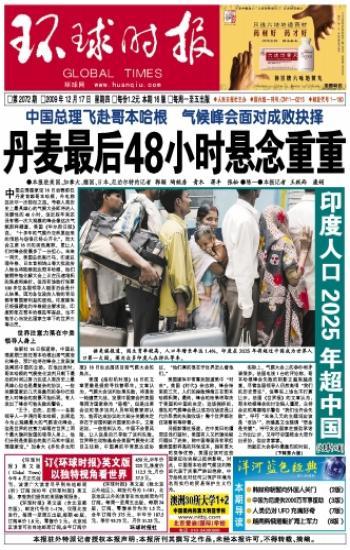发言人

句子:外交部发言人在新闻发布会上回答了外国记者提出的关于气候变化的问题。
误译:The Speaker of the Foreign Ministry answered the questions raised by international reporters about climate change at the press conference.
正译:The Spokesman of the Foreign Ministry answered the questions raised by international reporters about climate change at the press conference.
解释:“发言人”是“代表某一团体或组织发表意见的人”,译为 speaker是不合适的。speaker 第一个意思是a person who gives a talk or makes a speech,即“讲演者”或“发言者”。speaker第二个意思是the presiding officer in a legislative assembly or legislative body,即“立法机构的主持官员”,译为“议长”,要用大写。“发言人”应译为spokesman, spokeswoman, spokesperson,如:
1. 这位发言人拒绝对这个问题进行评论。The spokesman declined to comment on this issue.
“发言”第一个意思是“发表意见”,用作动词,可以译为to speak, to make a speech, to take the floor。如:2. 我在会上积极发言,表达了我的观点。I made an active speech at the meeting, expressing my views.
“发言者”可译为 speaker。如:3. 许多发言者在会议上强烈抨击了这个建议。Many speakers strongly attacked this proposal at the meeting.
“发言”第二个意思是“发表的意见”,用作名词。可以译为 speech。例如:4. 他在大会上的发言正好切题。The speech he made at the meeting was just to the point.
“发言权”,可译为right to speak, right of speech 或voice。如:5. 过去,妇女的发言权被剥夺,她们的希望被人不屑一顾。In the past, women's voices were silenced and their hopes were dismissed.▲
(本栏目供稿:王逢鑫教授)

